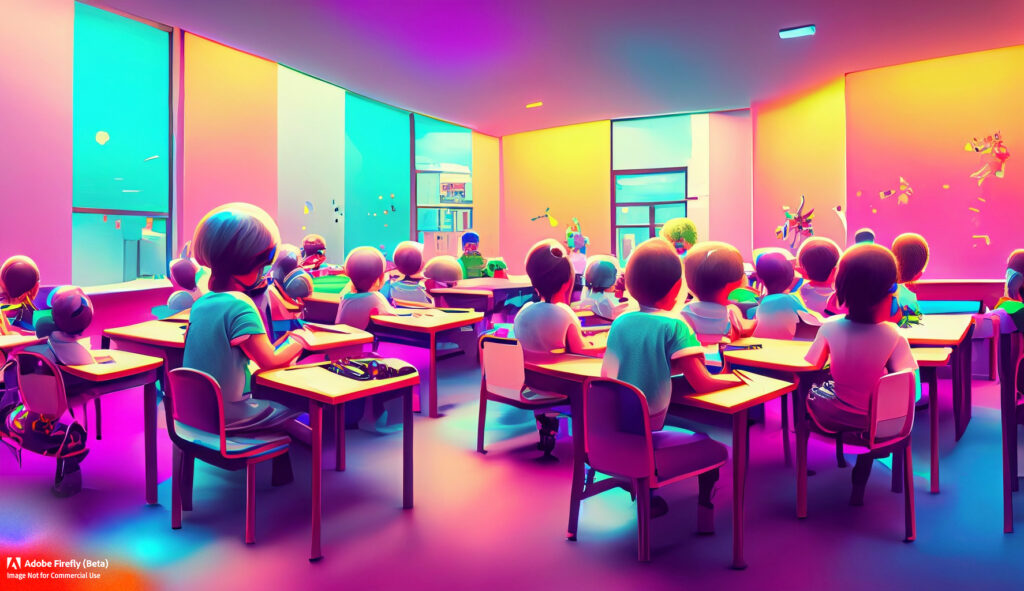The Future of Learning in the Age of AI
As the world moves further into the 21st century, AI and automation are transforming the workforce at a rapid pace. This trend is set to continue, and it is essential that we re-evaluate the way we educate our children. The traditional educational system focused on memorization and regurgitation of information, which may have been suitable in the past when the workforce was largely made up of manual laborers, but it is no longer enough. In today’s economy, we need students who can think critically, problem-solve, and adapt to new situations.
Some industries that may be impacted by the rise of AI include data entry and transcription, bookkeeping and accounting, routine legal tasks, and customer service. While AI may automate certain aspects of these fields, it is unlikely to replace human workers entirely. Human skills such as creativity, critical thinking, and emotional intelligence are still essential in many fields, and these are areas where AI still falls short. As such, it is important for workers to continually develop their skills and adapt to the changing job market.
To ensure that our children are equipped with the skills they will need to succeed in the 21st-century workforce, we need to rework the educational system from the ground up. We need to move away from teaching students rote learning and instead focus on high-level concepts, creativity, and decision making. Incorporating AI and automation into the educational process can help achieve this. AI can be used to take over mundane and repetitive tasks that currently take up a significant amount of time in the classroom, freeing up teachers to focus on teaching more advanced concepts and skills, such as critical thinking and problem-solving.
Furthermore, AI can also be used to personalize the learning experience for each individual student. By analyzing data on each student’s strengths and weaknesses, AI can tailor the curriculum to meet their specific needs. This will help to ensure that each student receives the education that is best suited to their unique abilities.
In the age of AI, individuals need to develop skills and knowledge that are complementary to these technologies. Critical thinking and problem-solving, emotional intelligence and empathy, creativity and innovation, data literacy, and adaptability and lifelong learning are some of the skills that will be in high demand. While AI can perform many of the functions of a teacher, there is no substitute for human interaction. Teachers provide emotional support, motivation, and encouragement, which are essential for student success. As such, it is important that AI is used as a tool to enhance the educational experience, rather than replace human teachers entirely.
The rise of AI and automation is transforming the workforce, and it is essential that we re-evaluate the way we educate our children. This will help ensure that our children are equipped with the skills they need to succeed in the 21st-century workforce. While AI may automate certain tasks, human skills such as critical thinking, problem-solving, and emotional intelligence are still essential. Therefore, it is important for individuals to continually develop their skills and adapt to the changing job market.




